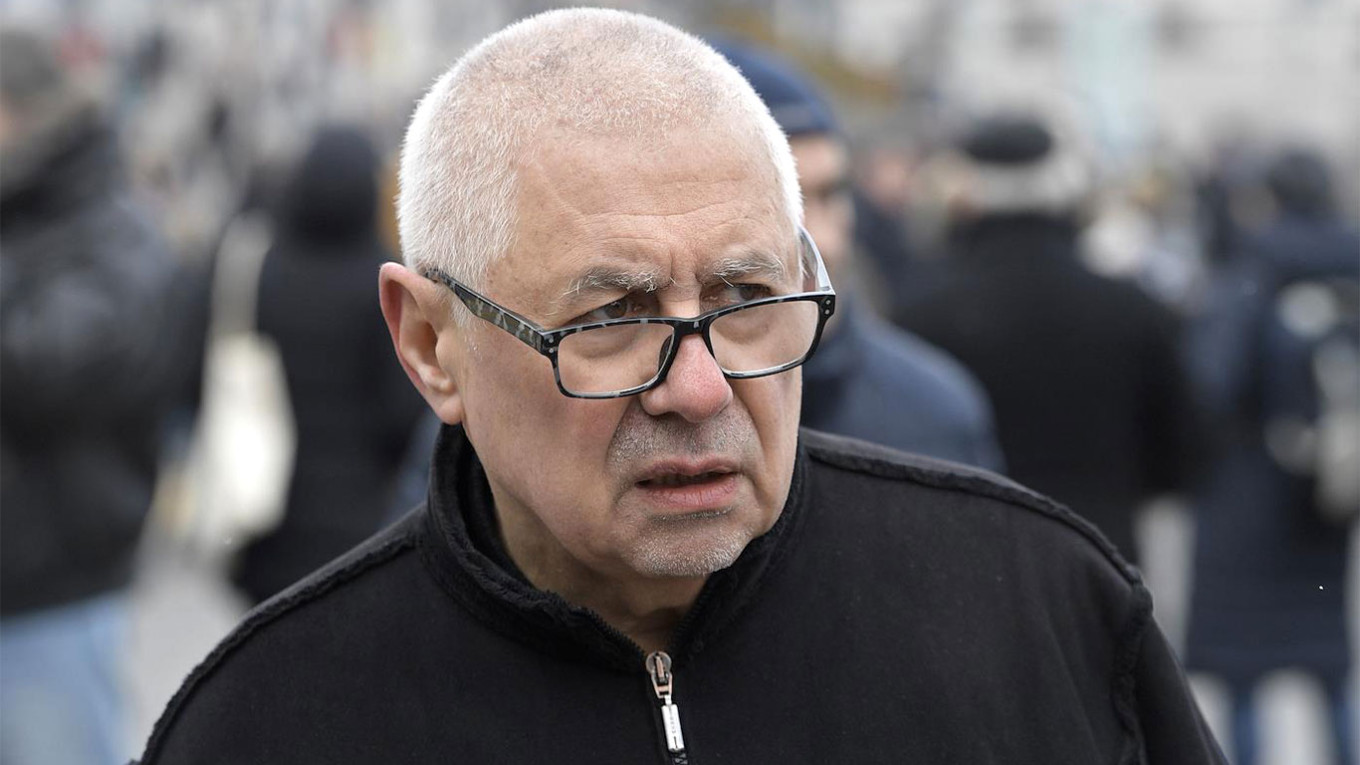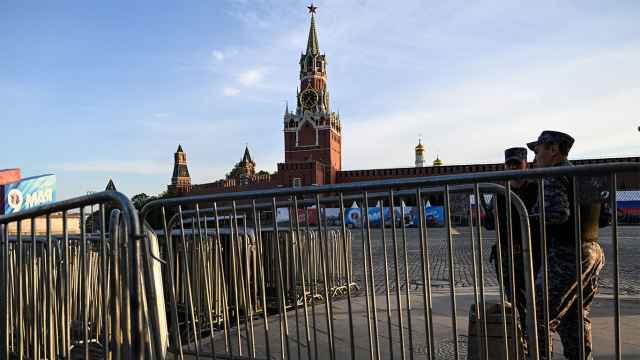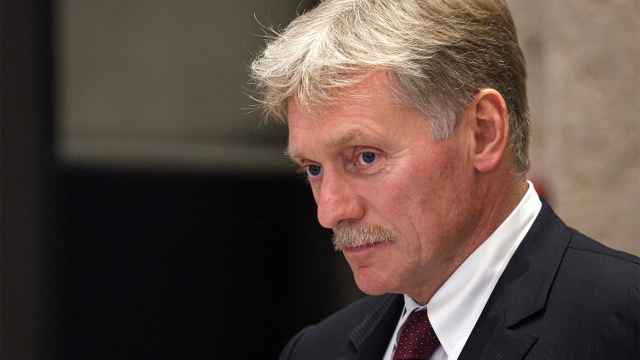Prominent Russian political scientist and former Kremlin adviser Gleb Pavlovsky has died at age 71 following a serious illness, his friend, Higher School of Economics professor Simon Kordonsky, told the Vedomosti business daily Monday.
Pavlovsky had been an influential figure in Russian politics in the first decade of President Vladimir Putin’s rule, serving as Putin’s adviser and “political technologist” starting in 1996.
He was instrumental in the development of Russia's "managed democracy" that saw Putin's rivals marginalized, exiled or jailed.
He also played the role of a spin doctor, hosting a weekly political segment on state television in the mid-2000s.
But he was sacked from the presidential administration in 2011, reportedly for backing then-President Dmitry Medvedev’s re-election over Putin’s return to the presidency.
From then on, he would be a vocal critic of the Kremlin's slide into authoritarianism and known as one of the most eloquent voices on the machinations and intrigue taking place in the halls of power.
Following Putin’s invasion of Ukraine last February, Pavlovsky told the Financial Times: “Putin’s used to being lucky. That’s very dangerous for a gambler, because he starts believing fate is on his side. When you play Russian roulette, you feel that God is on your side until the shot rings out.”
Pavlovsky contributed opinion pieces to The Moscow Times from 2015-2019.
Born in Odesa, Pavlovsky was a dissident during the Soviet era, and was sentenced to internal exile in the northern republic of Komi in the 1980s.
Alexei Chesnakov, a former Kremlin official who now heads the Center for Current Politics, a Kremlin-aligned think tank, said that Pavlovsky had been “characterized by an intellectual honesty that many took for pragmatism, a subtle understanding of psychological phenomena that many took for Machiavellianism, and ultimately a gift for truly strategic political thinking which many interpreted as vague because they could not grasp its horizons.”
“Undoubtedly, at the end of his life, he disliked much of what he ended up with. But this does not diminish either the grandiosity of his original idea or his merit to history,” Chesnakov added.
Another former Kremlin official who spoke on condition of anonymity told The Moscow Times that Pavlovsky had been “the first to engage in quality political analysis online at the dawn of the mass internet in Russia,” but that he had inevitably suffered from the "mistake" of backing Medvedev over Putin in 2011.
A Message from The Moscow Times:
Dear readers,
We are facing unprecedented challenges. Russia's Prosecutor General's Office has designated The Moscow Times as an "undesirable" organization, criminalizing our work and putting our staff at risk of prosecution. This follows our earlier unjust labeling as a "foreign agent."
These actions are direct attempts to silence independent journalism in Russia. The authorities claim our work "discredits the decisions of the Russian leadership." We see things differently: we strive to provide accurate, unbiased reporting on Russia.
We, the journalists of The Moscow Times, refuse to be silenced. But to continue our work, we need your help.
Your support, no matter how small, makes a world of difference. If you can, please support us monthly starting from just $2. It's quick to set up, and every contribution makes a significant impact.
By supporting The Moscow Times, you're defending open, independent journalism in the face of repression. Thank you for standing with us.
Remind me later.






